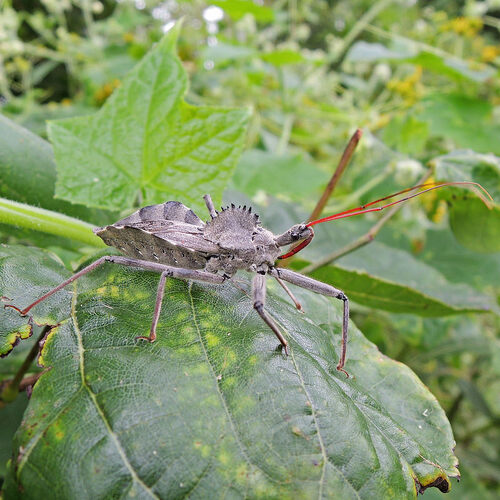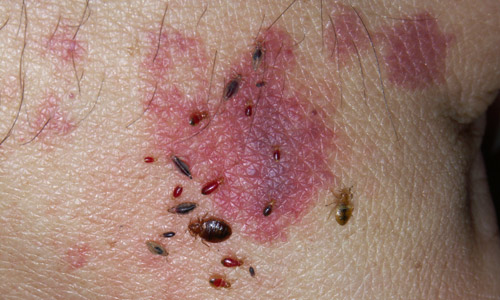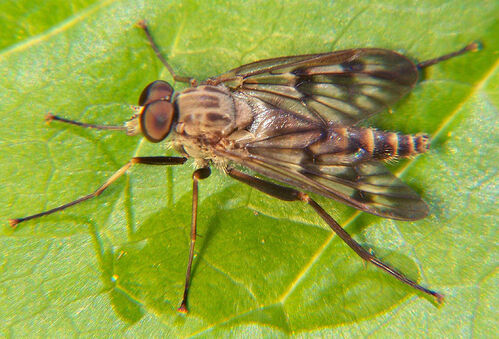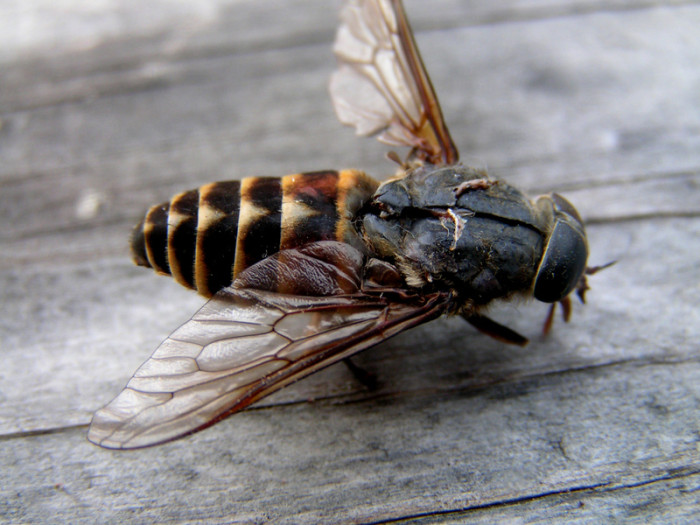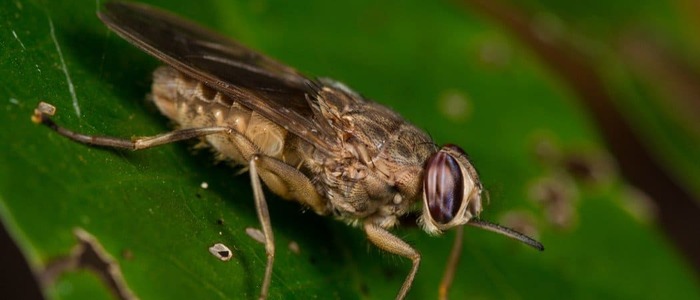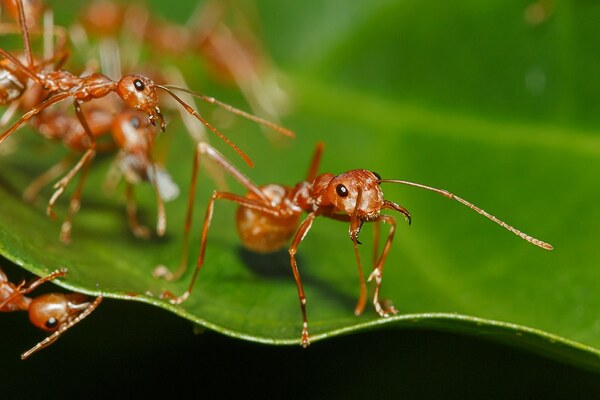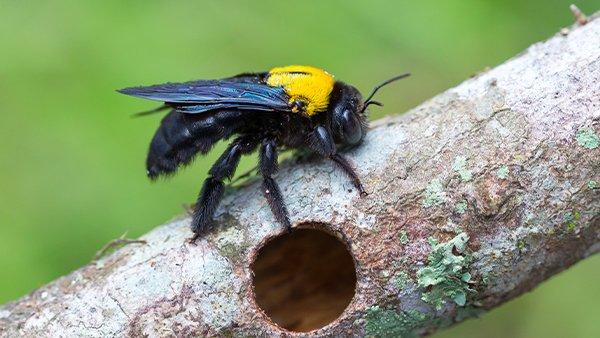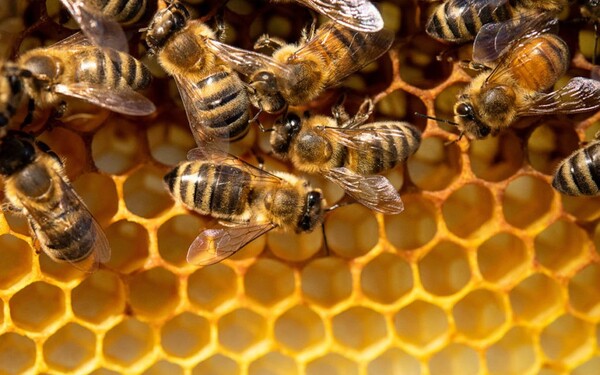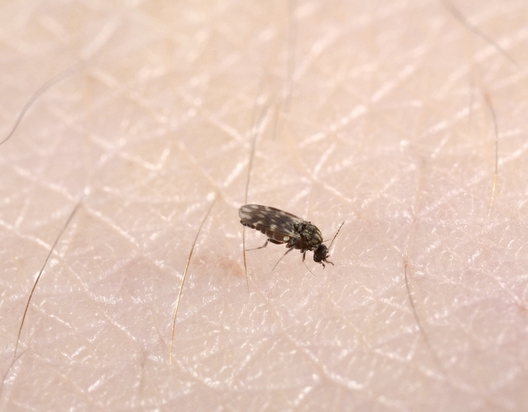Wheel bugs are diurnal pests and should be careful not to handle them, they are named so due to the distinctive, serrated crest on its pronotum that in profile resembles a portion of a wheel or gear, A bite from this species is very painful. It is reported as causing intense pain followed by numbness. […]
Bed bugs are small, parasitic insects that like to live on mattresses, box springs, and other furniture. They are flightless but tend to crawl extremely quickly. The size of an apple seed, a bed bug survives off of blood. Identification of Bedbugs: 1.Red, small, itchy bites on skin, with a number of bites where the […]
Snipe flies are small. They get their name from the similarity of their often prominent proboscis that looks like the beak of a snipe. These flies are active predators and can often be found sitting head down on fence posts, watching for passing prey. They are sometimes called “down-looker” flies.
Botfly larvae – A disruptive threat Botflies larvae are internal parasites of mammals, some species growing in the host flesh and others within the gut. Botflies deposit eggs on a host, or sometimes use an intermediate vector the larvae of Dermatobia hominis will infest the skin of mammals and live out the larval stage in […]
Tsetse flies are large, biting flies, an obligate parasite, which lives by feeding on the blood of vertebrate animals. Tsetse is multivoltine and long-lived, typically producing about four broods per year, A bite by the tsetse fly is often painful and can develop into a red sore, also called a chancre. Fever, severe headaches, irritability, […]
Weaver ants get their name from their habit of binding fresh leaves with silk to form their nests. The presence of weaver ant decrease the termite attacks and defoliation of teak stand. The weaver ant is potentially used as biocontrol of teak pest. They have the most complex nests among ants nests. Their lifecycle spans […]
Carpenter bees are non- social insects. They do not eat wood but cause damage to structures by drilling circular holes to create tunnels inside wood. The most common signs of a carpenter bee infestation are the round, smooth holes that carpenter bees bore into wood.
1.A single bee can produce 1 tablespoon of honey in its lifetime. 2.Bees can fly up to 12 mph. 3.A Queen Bee will lay 800,000 eggs in her lifetime. 4.Bees are tidy and meticulous. 5.One ounce of honey would fuel a bee’s flight around world. 6.A pound honey is made by visiting 2million flowers. 7.The […]
Termites secrete a wide variety of different pheromones. The pheromones are secreted from glands located on their chests. Different pheromones communicate a wide variety of information to other caste members. workers release an aggregation pheromone at their nesting site, and that this pheromone induces rapid and long-lasting aggregation of workers. The pheromone is a mixture […]
Biting midges are small, barely-visible, blood-sucking flies can be a nuisance to those who spend time outdoors. They will readily bite humans, the bites are irritating, painful, and can cause long-lasting painful lesions for some people. They breed in salt and fresh water habitats. Biting midges are a known transmitter of Mansonella ozzaqrdi, a human […]


